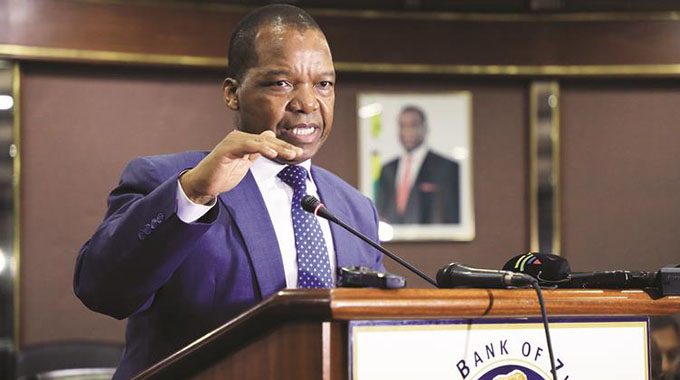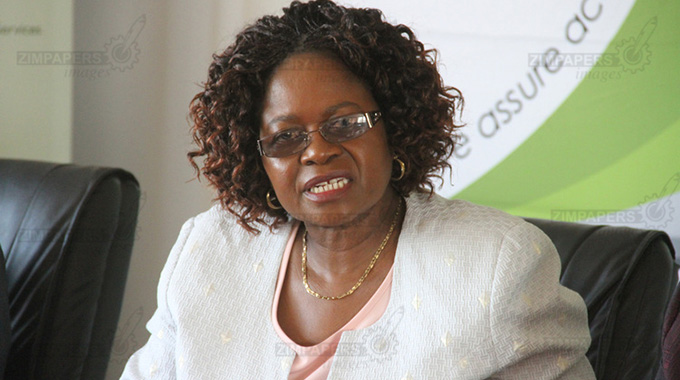Don’t panic over coins: RBZ chief Mangudya

Leroy Dzenga Herald Reporter
The Reserve Bank of Zimbabwe (RBZ) has said coins under $1 being rejected by some sectors of the economy can be exchanged for larger denominations at all registered banks.
The coins have not been demonitised although they are being rejected in the informal sector.
Some major shops have specific queues for coins below 50 cents which usually move slowly.
RBZ Governor Dr John Mangudya said there was no need to panic as all coins were still legal tender.
“It is common cause throughout the world that high levels of inflation make small denominations uneconomic to use. It is in this context that some businesses now find it bulky to transact in small value coins,” Dr Mangudya said.
Zimbabwe has coins amounting to $80 million in circulation, $42,7 million of which is in 1 cent, 5 cents, 10 cents, 25 cents and 50 cents.
“To ensure that the public does not lose value for their money, we are encouraging all businesses and the public to bank their coins so that they do not encounter the inconvenience that they may be facing from conducting business with bulky small denomination coins.
“The coins can also be exchanged for bigger denominations at banks,” said Dr Mangudya.
Asked why banks were still giving out money which depositors were finding hard to use, Dr Mangudya said: “Banks should serve their customers in line with their customers’ preferences as opposed to forcing them. Banks should deposit any cash, including soiled notes, that they have at the Reserve Bank. This is the standard practice throughout the world. The Reserve Bank is banker to banks and, therefore, no one, including banks, should ever feel that they will lose value for their money.”
Zimbabweans, especially those who commute have been ambushed repeatedly by kombi operators who have been rejecting various “small coins” under $1, although $1 and $2 coins are still being accepted.
This has triggered widespread rejection of the coins in the country’s informal sector where a larger percentage of daily transactions occur.
Kombi operators deny being architects of the confusion. Greater Harare Association of Commuter Operators secretary-general (GHACO) Mr Ngoni Katsvairo said service providers they rely on were refusing the coins.
“For us to stay in business, there are things we consistently buy. People who sell us diesel and spares are refusing coins from 50 cents and below, there is nothing we can do. We used to pay our workers in coins, but they reject the money as well saying it is not being accepted where they usually buy,” Mr Katsvairo said.
Zimbabwe has been battling protracted cash shortages which have seen people selling cash at premiums. Coins are cheaper than notes, but when buying foreign currency on the black market, the premiums are higher when using coins. The RBZ is in the process of increasing the amount of notes and coins in circulation.









Comments